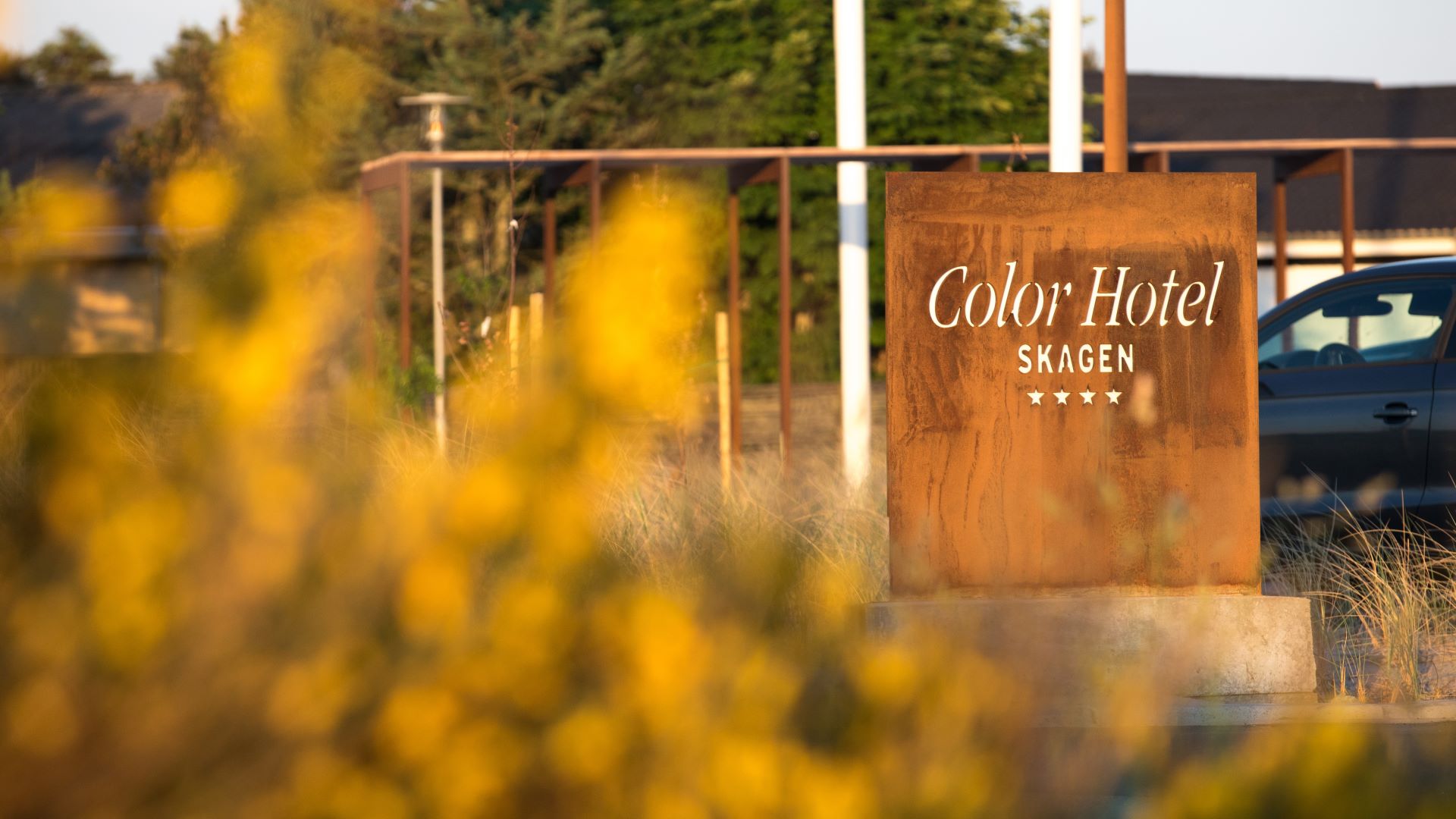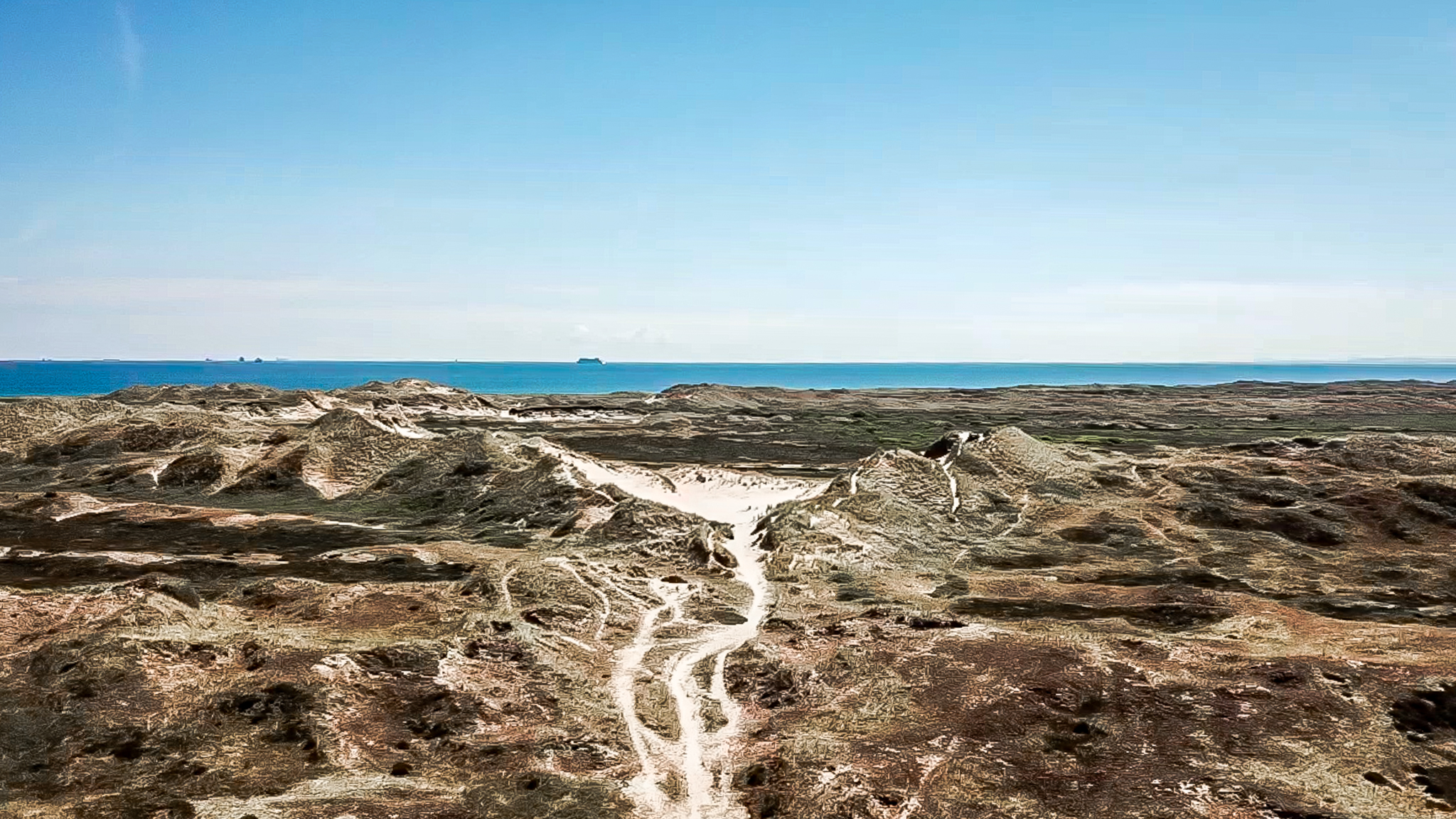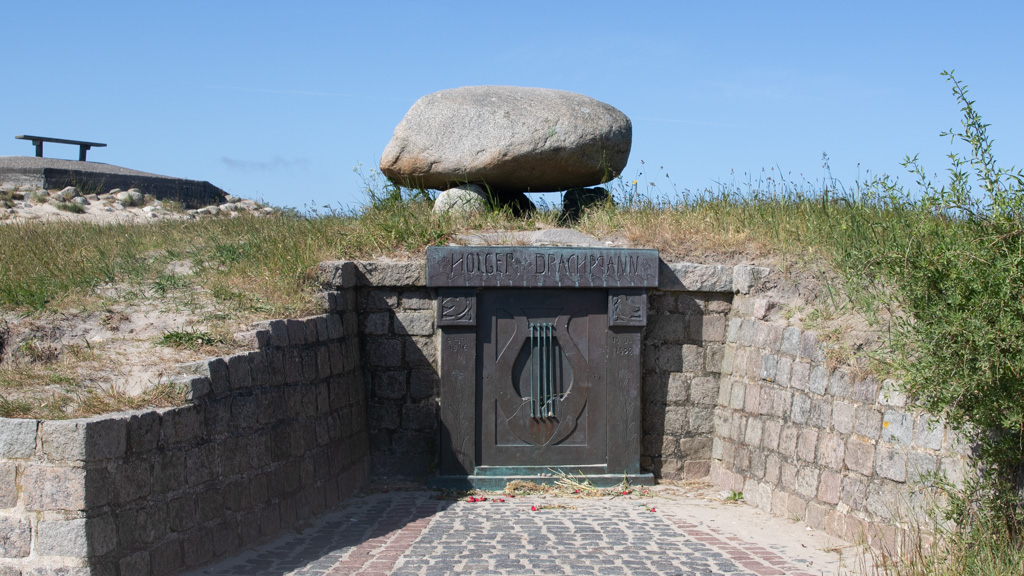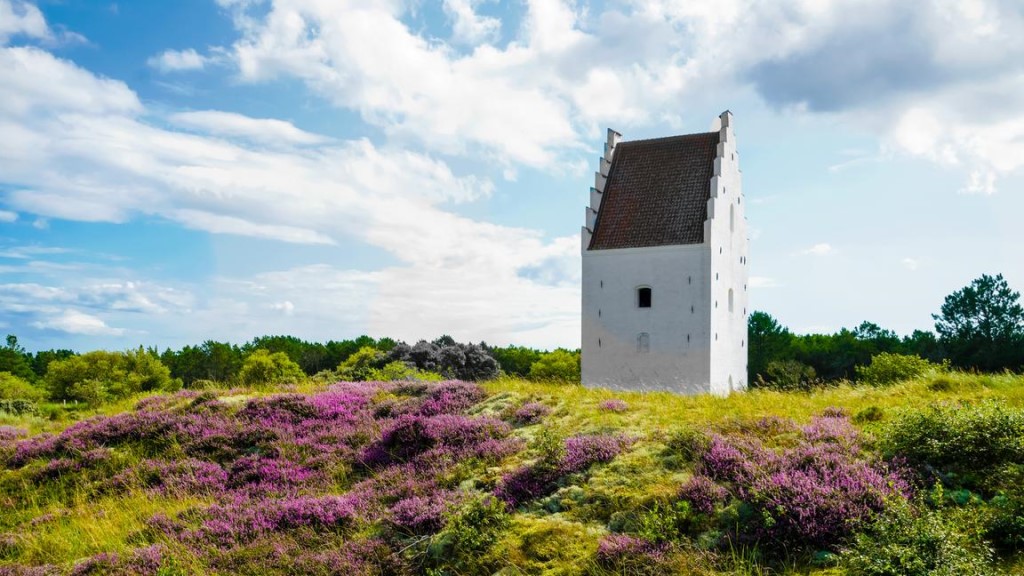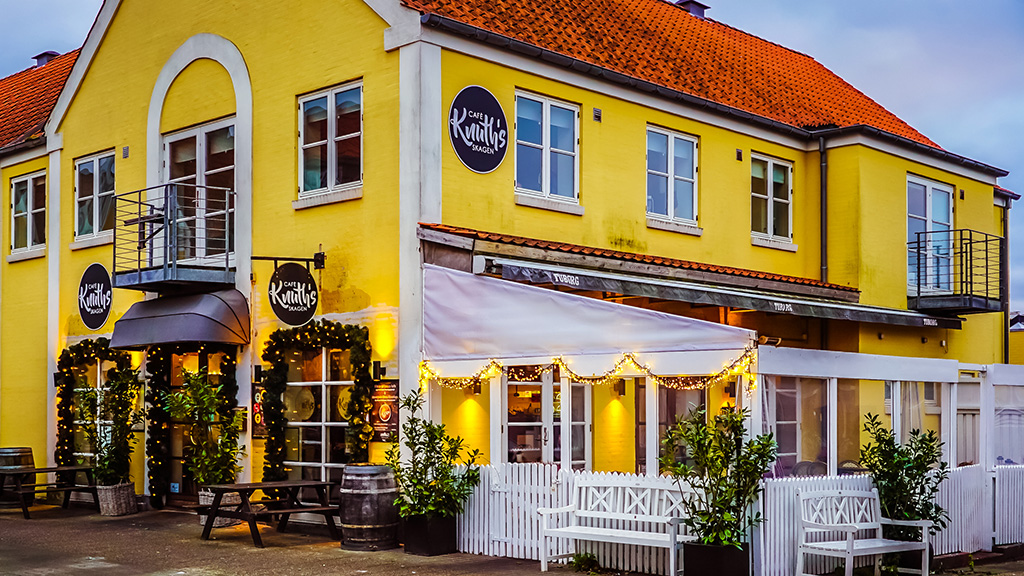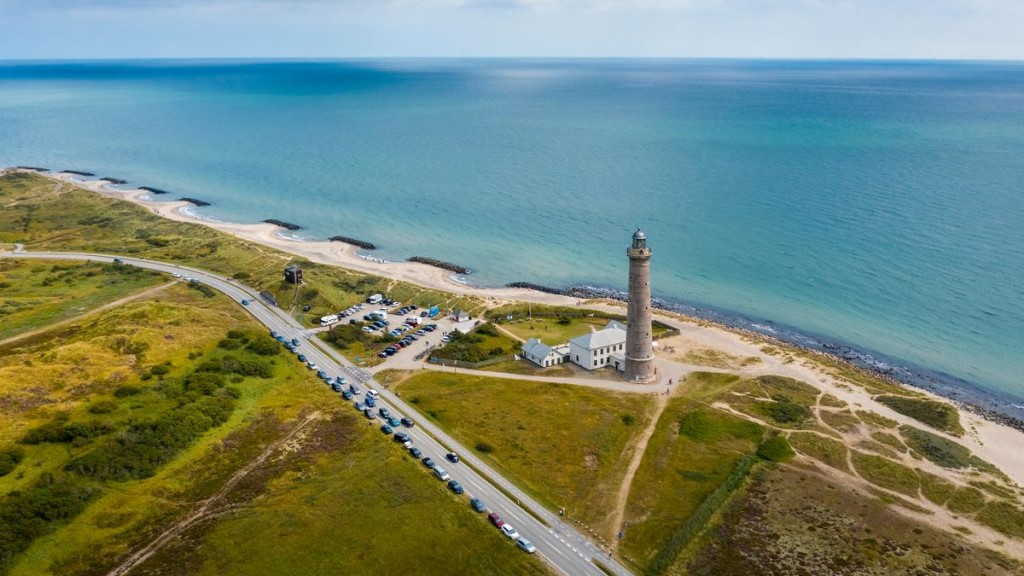Det Hvide Fyr (The White Lighthouse)
In 1747, "Det Hvide Fyr" was erected as Denmark's oldest brick lighthouse, designed by Philip de Lange. It stands 21 meters tall and was first lit on October 14 of that year. Originally built from red bricks, the lighthouse was whitewashed in the early 1800s and used a coal-based light source in a pan at the top.
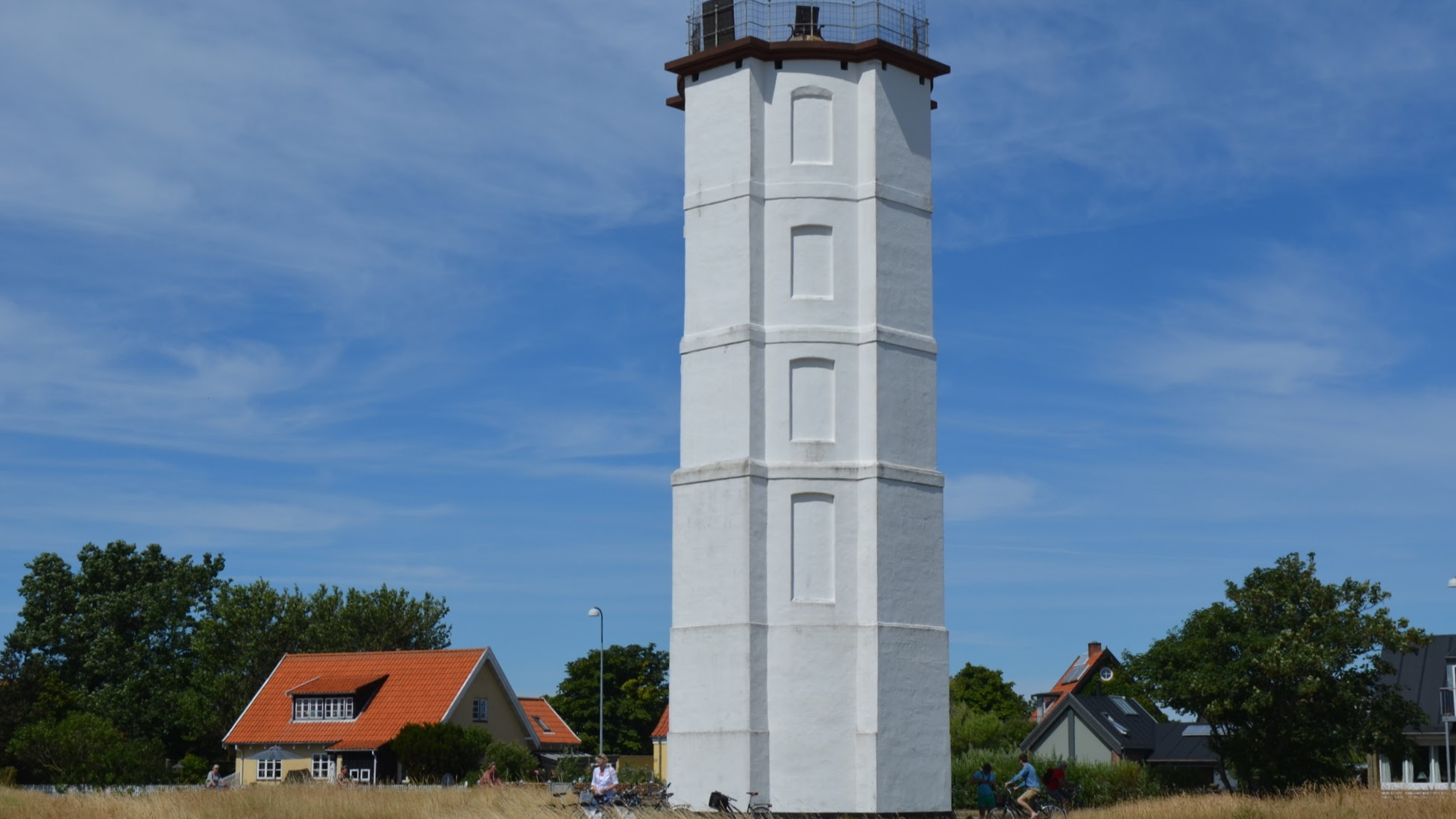
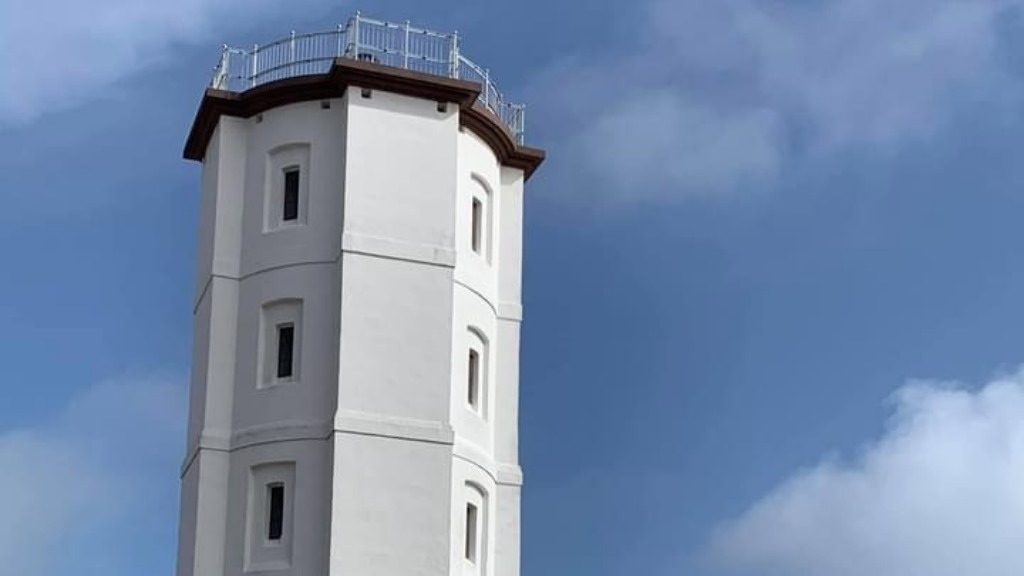
Det Hvide Fyr is a remarkable part of Denmark's lighthouse history, representing a period of technological advancements and maritime innovations. The lighthouse replaced the dilapidated tipping lantern and marked a new era of improved navigation for sailors. Standing at 21 meters, Det Hvide Fyr towered over the landscape, making it a central landmark. Initially constructed from red bricks, it later gained its distinctive white appearance, which was both functional and aesthetically pleasing.
In 1835, the lighthouse underwent a significant upgrade when the coal-based light source was replaced with rapeseed oil and parabolic mirrors, enhancing the light's range and efficiency. Skagen Fyr, also known as Det Grå Fyr, took over the lighthouse function in 1858, leading to Det Hvide Fyr being used as a signal station from 1871. Despite changes in its function, Det Hvide Fyr remained an iconic structure, restored to its original design in 1960. This not only preserves a piece of Danish cultural heritage but also tells the story of the evolution of lighthouse technology over time.
Type
- Lighthouse
Routebeschrijving
Gl. Fyrvej 2
9990 Skagen
Laatst bijgewerkt door::Destination NORDinfo@destination-nord.dk
